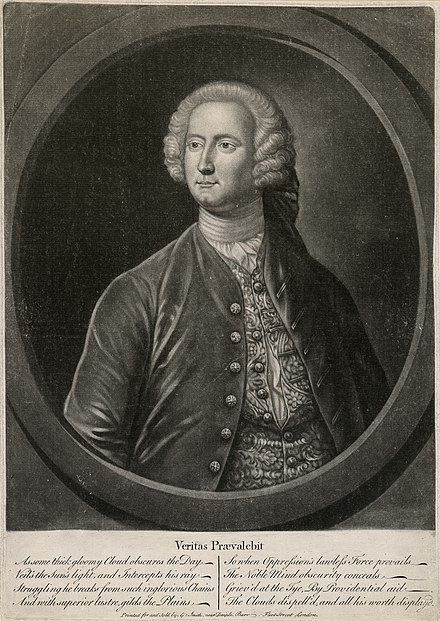The President and Precedent
As we head into the holidays, the headlines require that we review a little legal precedent from the 1700’s.
In 1714, James Annesley was born as the heir of a hugely important English lord, the Earl of Anglesea. However, when he was 12, his father died, and his uncle Richard – eager to grab the earldom – had James kidnapped, declared dead, and secretly sent to America as an indentured servant. James endured 12 years as a slave, but then escaped to Jamaica, enlisted in the Royal Navy, was miraculously recognized by a fellow sailor who confirmed his identity, and helped him return to England in 1741. (And all THAT is just the unbelievable prologue.)
James went to Scotland, where he mistakenly killed a man in a hunting accident. Whereupon his uncle Richard, now the Earl of Anglesea – having learned of James’ return – had him tried for murder. Richard hired an attorney named Giffards and promised him 10,000 pounds if Giffards could succeed in getting James hanged. But James produced several eyewitnesses who corroborated that the shooting was indeed accidental. Whereupon Richard refused to pay his lawyer Giffards. (And we’re still not to the main event.)
James then sued his uncle Richard for his birthright. Richard claimed James was nothing more than the illegitimate son of the family’s wet-nurse; James had to substantiate his own identity and his tragic life story, and that his uncle – one of the most powerful men in England – was therefore a liar, a kidnapper, and all-around bad guy. (As well as a serial bigamist, just for good measure.)
The trial was a blockbuster. It concerned the ownership of an earldom, and was the single largest estate ever contested in a court of law. It was also the longest trial ever conducted in the British Isles. And it centered around James’ horrific downfall and miraculous return. As a result, it was widely reported and discussed, and ultimately inspired at least five novels. (Including Robert Louis Stevenson’s “Kidnapped.”)
But the most lasting aspect of the case came from a little twist: James’ lawyer argued that in the preceding murder trial, Richard – knowing James’ hunting accident was just that, an accident – had instructed his lawyer Giffards to hire false witnesses to perjure themselves and condemn James as a murderer. And that by doing so, Richard’s promised payment of 10,000 pounds to Giffards to “do anything to get James hanged” was essentially equivalent to attempted murder. (Today we’d call it a hit job.)
Giffards was placed on the stand and questioned about his dealings with Richard. And the court ruled that, since they had been planning the commission of a crime, their communications were NOT covered by attorney-client privilege. And so Giffards was forced to reveal their plot. (And was probably happy to do so, having not received his 10,000 pounds.)
The court ultimately ruled in James’ favor. But before he received his title, he died in 1758, followed by his uncle Richard in 1759. Neither had any legitimate children. At which point, in the most anti-climactic twist imaginable, the House of Lords declared the earldom of Anglesea extinct. (All that for nuthin!)
All of which would have consigned the trial to weird history, except for that little conspiratorial twist. The ruling involving Giffards’ testimony set some important precedents on the limits of client-attorney privilege…which prevent lawyers from using that privilege to conspire criminally with their clients …which have stood the test of time in English common law…which have passed into the United States Code. (Uh-oh.)
This past Monday, the January 6 Committee released their final report to Congress. And they have recommened that four lawyers – Rudy Giuliani, John Eastman, Jeffrey Clark and Ken Chesebro – be investigated for conspiring to commit federal crimes with their client Donald Trump. And they are all well aware that attorney-client privilege cannot protect them. (They went to law school.)
They may lose their licenses and liberty as a result of one of the most colorful trials and longstanding legal precedents in history. Legal folks call it Annesley v. Anglesea (1743). (Most everyone else is simply calling it Pretty Deep Sh*t (2022).)
